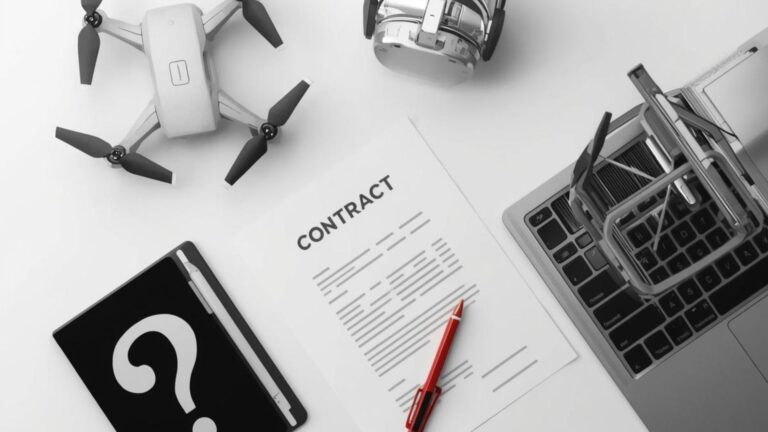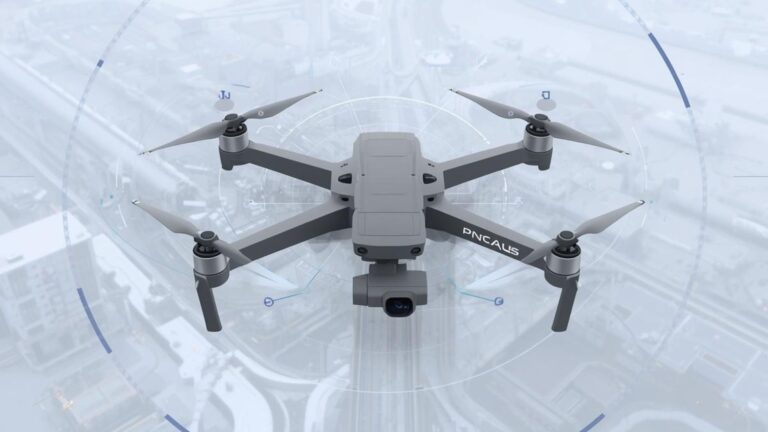Algorithm Errors and Malfunctions
If an AI system fails to perform as intended (for example, a machine learning model produces incorrect results due to a bug or training error), the policy can cover the financial losses that result. This might include situations where an AI-powered service goes down or makes mistakes that disrupt business operations.
Incorrect or Harmful Outputs
Many AI systems (especially generative AI and decision-making algorithms) can sometimes produce wrong, misleading, or harmful content. AI insurance can cover claims arising from these “hallucinations” or errors. For instance, if an AI chatbot gives defamatory or false information that causes damage, or a recommendation algorithm suggests something that leads to a client’s loss, the insurance can help pay for legal defense and any damages owed.
Bias and Discrimination Claims
AI models can unintentionally discriminate or make biased decisions (for example, in lending, hiring, or advertising). If a company faces lawsuits or regulatory action because their AI system treated people unfairly or violated anti-discrimination laws, AI insurance can cover the legal liabilities and costs associated with those claims.
Intellectual Property Infringement
This coverage addresses situations where an AI might violate copyrights, trademarks, or patents. For example, if an AI system was trained on copyrighted data and generates output that infringes someone’s intellectual property, the policy could cover legal claims or settlements. Similarly, it can cover liability if your AI product inadvertently uses another company’s protected technology.
Privacy Breaches and Data Leaks
If an AI application mishandles personal data, leading to a privacy breach, AI insurance often covers the costs. This can include incidents like an AI that exposes confidential customer information or violates privacy regulations. The policy may cover customer notification expenses, credit monitoring services for affected individuals, and regulatory fines or penalties (where insurable).
Cybersecurity and Fraud Incidents
Some AI insurance overlaps with cyber risk, covering events like an AI being manipulated by hackers or used to facilitate fraud. For instance, if criminals exploit your AI system (or use deepfake AI content) to scam customers, the resulting losses and liabilities might be covered. This provides an extra layer of protection beyond a standard cyber insurance policy, focusing on AI-specific angles of cyber risk.
Bodily Injury or Property Damage
In cases where AI is embedded in physical devices (like autonomous vehicles, drones, manufacturing robots, or medical devices), a malfunctioning AI could cause accidents. AI insurance can extend to cover liability for bodily injuries or property damage resulting from AI-driven machines or decisions. This is similar to product liability coverage but tailored to the AI component of the product.
Business Interruption and Recalls
If your business relies on an AI system and that system fails, you could suffer downtime and lost income. AI insurance can cover business interruption losses caused by AI outages or failures. Additionally, if an AI-powered product needs to be withdrawn or fixed (a “product recall” scenario due to an algorithm issue), some policies cover the costs of notifying customers and rectifying the problem.
Regulatory Investigations and Fines
With AI coming under increasing regulatory scrutiny, companies might face investigations or enforcement actions related to their AI activities. AI insurance policies often cover the legal expenses to respond to these investigations and, in some cases, may cover certain fines or penalties resulting from unintentional violations (this depends on the policy and local laws, as not all fines are insurable).
It’s important to note that coverage details vary. One policy might include all the above under broad terms, while another might focus only on certain risks (like performance guarantees or specific liabilities). When obtaining AI insurance, businesses should review the policy scope, limits, and any exclusions carefully. For instance, some insurers may exclude particular high-risk AI activities or require the insured to follow best practices (such as human oversight of AI decisions) as a condition of coverage.
In essence, AI insurance is meant to comprehensively cover the financial fallout of AI failures or missteps. From lawsuits and third-party claims to direct losses and recovery costs, these policies aim to ensure that a single AI glitch doesn’t turn into a devastating financial crisis for a company.


































































































































